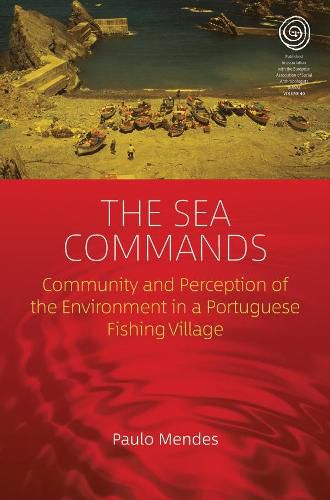Readings Newsletter
Become a Readings Member to make your shopping experience even easier.
Sign in or sign up for free!
You’re not far away from qualifying for FREE standard shipping within Australia
You’ve qualified for FREE standard shipping within Australia
The cart is loading…






This title is printed to order. This book may have been self-published. If so, we cannot guarantee the quality of the content. In the main most books will have gone through the editing process however some may not. We therefore suggest that you be aware of this before ordering this book. If in doubt check either the author or publisher’s details as we are unable to accept any returns unless they are faulty. Please contact us if you have any questions.
Azenha do Mar is a fishing community on the southwest coast of Portugal. It came into existence around forty years ago, as an outcome of the abandonment of work in the fields and of propitious ecological conditions. This book looks at the migration processes since the founding of the community and how they relate to the social inequalities for property and labour which prevail today. The book also reflects upon the personal experience of the ethnographer in the field balancing the importance of methodology on the one hand and fieldwork as a research process on the other.
$9.00 standard shipping within Australia
FREE standard shipping within Australia for orders over $100.00
Express & International shipping calculated at checkout
This title is printed to order. This book may have been self-published. If so, we cannot guarantee the quality of the content. In the main most books will have gone through the editing process however some may not. We therefore suggest that you be aware of this before ordering this book. If in doubt check either the author or publisher’s details as we are unable to accept any returns unless they are faulty. Please contact us if you have any questions.
Azenha do Mar is a fishing community on the southwest coast of Portugal. It came into existence around forty years ago, as an outcome of the abandonment of work in the fields and of propitious ecological conditions. This book looks at the migration processes since the founding of the community and how they relate to the social inequalities for property and labour which prevail today. The book also reflects upon the personal experience of the ethnographer in the field balancing the importance of methodology on the one hand and fieldwork as a research process on the other.